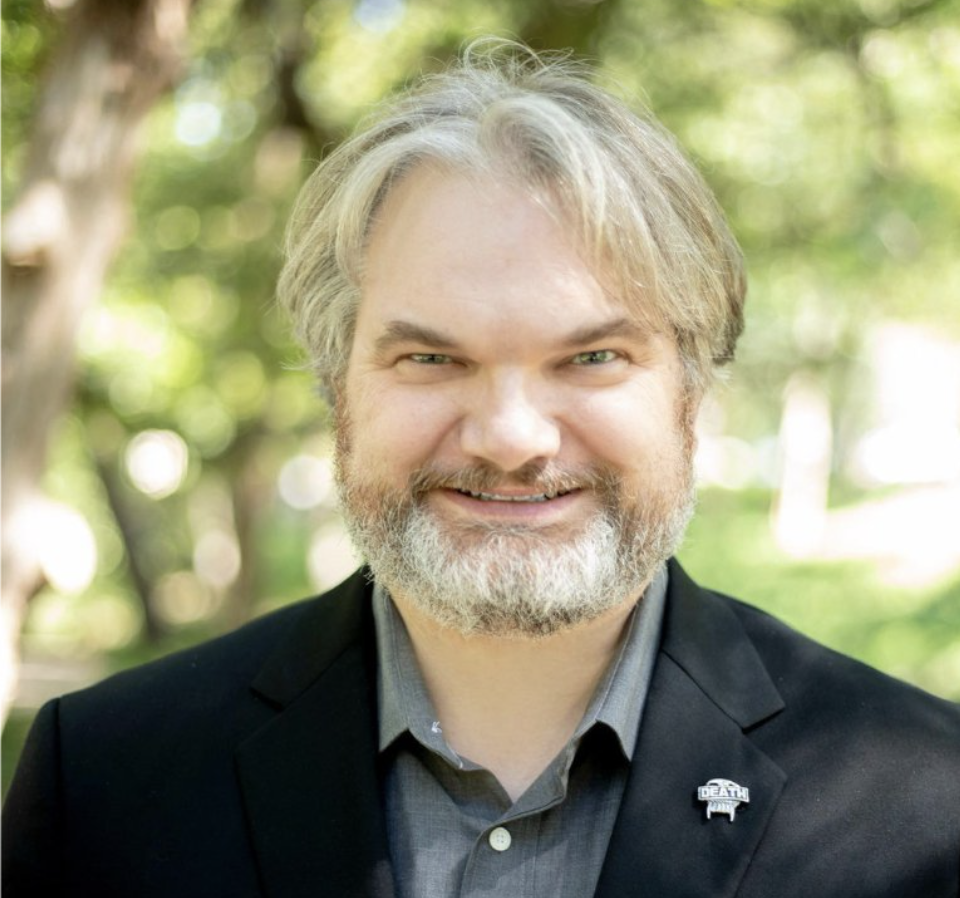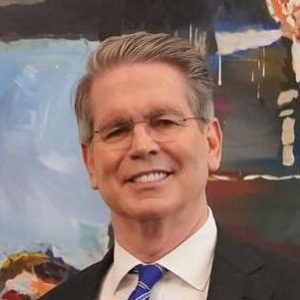For months, national populists like Oren Cass with American Compass have been predicting Trump 2.0 would embrace a new approach to economics, one that abandoned “market fundamentalism” and instead promoted government intervention.
Instead of free markets, low taxes, and spending cuts, national populists promote increased government spending and more regulation of businesses.
“He has the potential to lead a truly transformational administration, but only if he chooses to blaze a trail that diverges from market fundamentalism,” Cass wrote on the eve of Trump’s inauguration.
Likewise, Henry Olsen, a senior fellow at the Ethics and Public Policy Center, argued Trump needed to oppose traditional GOP ideology.
“[H]e will need to resist conservative budget cutters’ cries to put debt reduction ahead of spending that is clearly directed at the working class,” wrote Olsen at Commonplace, a website that promises to advance the New Right’s “ideas and coalition.”
But the confirmation of Treasury Secretary Scott Bessent is the latest addition to a Trump economic team that largely embraces small government, pro-growth policies. And it’s another sign that the second Trump term is likely to follow the fiscal policies of the first.
During his confirmation hearing, Bessent reiterated his support for growth-oriented tax cuts, warning that the country would plunge into an economic crisis if the Tax Cuts and Jobs Act (aka “Trump tax cuts”) were not extended.
The New York Times reports that the new populists represented by Cass oppose those tax cuts, “arguing they are fiscally irresponsible and largely cater to corporate interests. “
Grover Norquist of Americans For Tax Reform isn’t surprised Trump hasn’t taken up Cass’s “new” economics.
“He advocates the policies of Nelson Rockefeller and John Lindsay: higher taxes and more power to union leaders over workers,” Norquist told InsideSourcees. “This is not new. It is very old.”
Tariffs are the one significant area of overlap between Trump and the new populists, and Bessent says he’s on board.
Bessent joins a Trump economic team that includes National Economic Council director nominee Kevin Hassett, deputy treasury secretary nominee Michael Faulkender, and SEC Commissioner Paul Atkins. None of those officials are sympathetic to the positions that populists like Cass advocate.
Dr. Veronique de Rugy, an economist at the Mercatus Center, told InsideSources she does not see a significant shift in Trump’s economic approach.
“They’re really a mix of the kind of old school, and then the new, kind of more populist,” de Rugy said.
Kevin Hassett, who Trump picked for National Economic Council Director, previously scoffed at government spending during the pandemic. Hassett told CNBC he believed Trump would provide “supply-side growth,” by lowering taxes and deregulation. And, unlike Trump supporters who believe the president can raise tariffs without Congress, Hassett argued Trump would have to work with Congress on tariff hikes.
Faulkender, who served in Trump’s Treasury Department in his first term, said during the campaign he saw no sign of Trump embracing higher corporate taxes.
“President Trump is the one who will set the policy, and I have not heard President Trump talk about raising the corporate tax rate,” Faulkender said. “He would like to take it down.”
Another significant fact about Bessent, observers say, is his decades as a hedge fund manager. Populists see the hedge funds as tools of the economic elites, and Cass has dismissed them as “a faddish business trend.” Even Trump talked in 2016 about how “hedge fund guys” were doing well.
But overall, his economic advisors are not tax-the-rich, trade-war economic populists.
There are exceptions, however.
Trump tapped Peter Navarro, who ran Trump’s National Trade Council in his first term, as senior counselor for trade and manufacturing. The two share the belief America should massively increase its manufacturing output. They also agree on high tariffs and trade restrictions.
De Rugy remained skeptical on whether Trump’s policy team will adhere to free market ideals or align more with national populists.
“It’s very hard to kind of know what they’re going to be…so I don’t know what they’re going to do,” she said.
Conversely, Norquist says he knows exactly what to expect from Trump’s second term.
“Trump is leading the nation to cut taxes and empower workers.”


